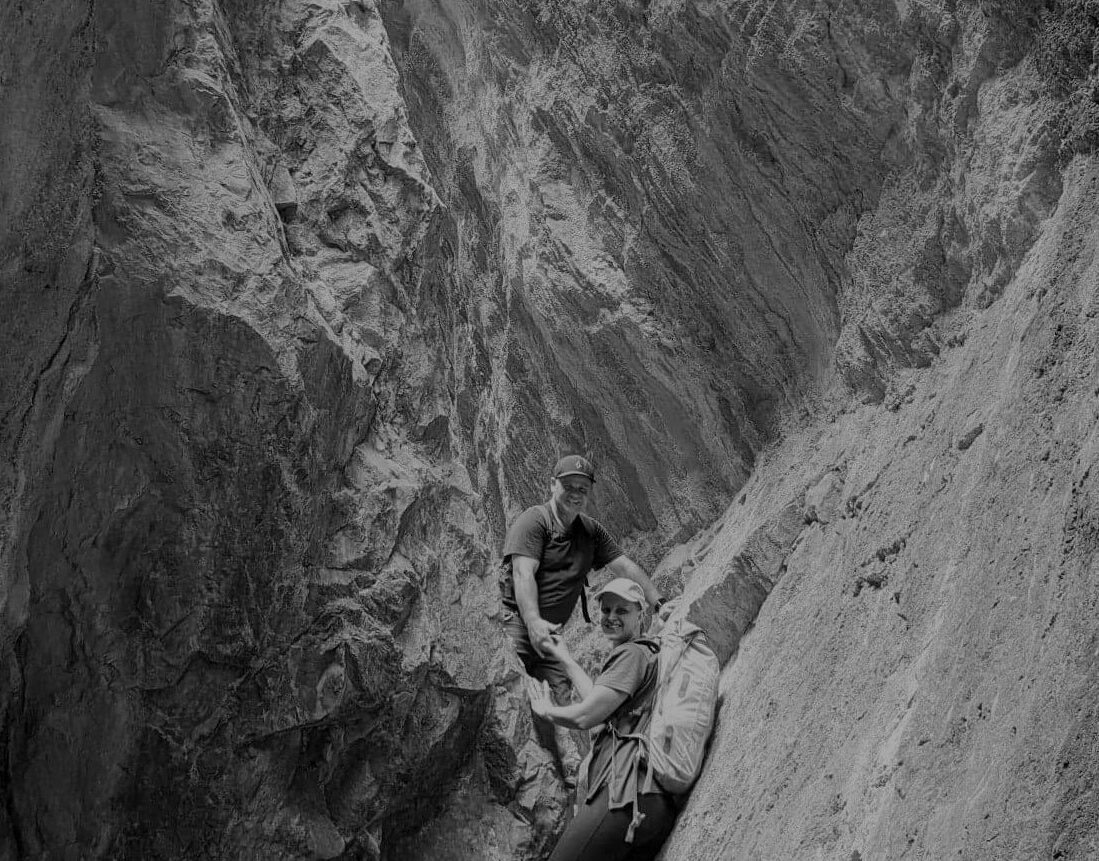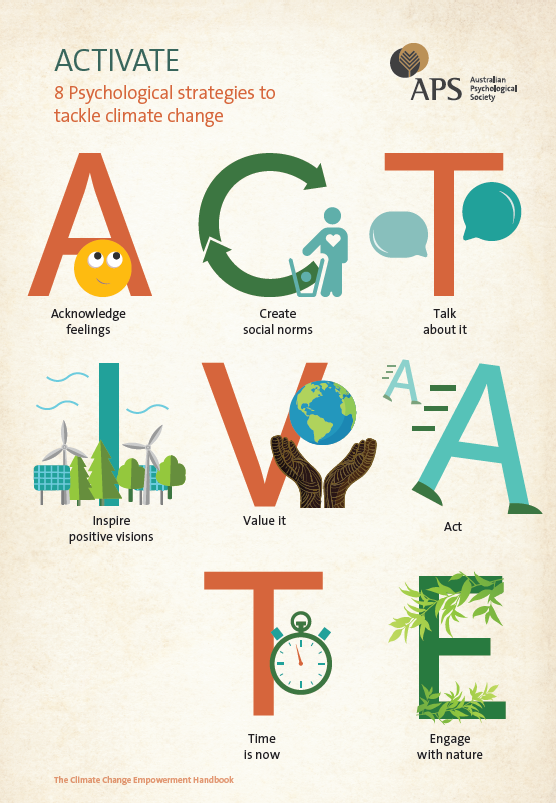
Connect with Nature
Nature thrives in healthy ecosystems, and so do we! Immersing yourself in nature can improve physical, mental, and spiritual wellbeing.
Access to nature can make us more physically active – a study in Southern California, US of over 3,000 children (aged 9 or 10) showed that those children who lived within 500 m of a park, had significantly lower Body Mass Index (BMI) when they turned 18, compared with those without easy access to green space (1). This study on childhood obesity lends some scientific basis to planning for public recreation spaced at intervals of around 500m (an easy walk, bike ride or drive).

Source: Photo by Olivia Bauso on Unsplash
Natural environments may lower chronic stress levels – 3 cm hair samples measuring cortisol secretion were taken from 132 healthy adults in the UK. Overall, chronic stress was measured higher in areas with a less natural environment (2). Studies like these can inform further research, and assist in health promotion, landscape, and urban planning for sustainable cities.
Julia Baird, author of ‘Phosphorescence: On Awe, Wonder & the Things that Sustain You When the World Goes Dark‘ acknowledges numerous studies, whilst giving a gentle reminder that scientific studies only support what we instinctively know, and from a ‘life’s short’ perspective she encourages us to dive into a life of living in awe and wonder of nature.
Having a connection with nature is beneficial for the well-being of both humans and nature. If people don’t feel connected to their environment, they won’t have a desire to protect it. Urbanisation and a bunch of distractions like technology, social media, and consumerism compromise our connection with nature.
A handbook published by the Australian Psychological Society (APS) states “A strong relationship with nature gives rise to a motivation towards environmentally responsible behaviour” (3). The ‘Climate Change Empowerment Handbook: Psychological strategies to tackle climate change‘ explains that ‘because climate change is caused by human behaviour…it requires profound changes in human behaviour to bring about solutions’. The handbook draws on insights from psychologists and social scientists to provide the A.C.T.I.V.A.T.E acronym to move people forward, the ‘E’ of which is ‘Engage with Nature’ – engaging with nature to restore your spirits and connect with the very places you are trying to protect.

Source: Australian Psychological Society.
Developing a relationship between people and nature may be critical for future nature conservation, as evidenced by the literature of the deep ecology movement and the work of ecopsychologists. Eshana Bragg PhD (ecopsychologist and university lecturer) and Rachel Taylor (writer, social and environmental activist) (based in northern NSW) have co-founded the ‘Joyality Program‘, an 8-week experiential ecopsychology and activism course that supports you to feel empowered, resilient and connected, and to find grounded hope for the future.
Here in Wollongong NSW, award-winning Australian Landscape Photographer, Brad Chilby of Chilby Photography combines his passion for nature, exploring, and landscape photography to run group classes, providing an infusion of local history, rich with knowledge acquired by being a 7th generation local. Director, Robyn Johnson of Blend ESQ, chats with Brad about growing up in Wollongong, hiking and climbing the escarpment, local history, the downside of social media, and how we could learn a thing or two from our grandparents’ generation about pro-environmental behaviour. See Episode 1 – Explore Like a Local with Brad Chilby of the ‘Wollongong, Let’s Get Salty’ Podcast.

Source: Photo by Ben Blennerhassett on Unsplash.
It is also thought that activities connecting children with nature are critical for future conservation success, and research indicates that tools such as the Connection to Nature Index (CNI) may be useful to measure and evaluate connection to nature in programming efforts designed to enhance future conservation behaviors (4). Indicators of performance like the CNI and the ‘Connectedness to Nature Scale’ (CNS), a tool with a high test-retest consistency (5) may help us determine if our efforts to engage the community are working, or whether we need to adapt and try something new?
Thanks goes to the following articles and sources who made this article possible.
Information Sources & Useful Links:
- (1) Jennifer Wolch, Michael Jerrett, Kim Reynolds, Rob McConnell, Roger Chang, Nicholas Dahmann, Kirby Brady, Frank Gilliland, Jason G. Su, Kiros Berhane. (2011). Childhood obesity and proximity to urban parks and recreational resources: A longitudinal cohort study, Health & Place, Volume 17, Issue 1, Pages 207-214.
- (2) Christopher J. Gidlow, Jason Randall, Jamie Gillman, Graham R. Smith, Marc V. Jones (2016). Natural environments and chronic stress measured by hair cortisol, Landscape and Urban Planning, Volume 148, Pages 61-67.
- (3) Australian Psychological Society (APS) (2016).Climate Change Empowerment Handbook: Psychological strategies to tackle climate change.
- Australian Psychological Society (APS) (2018). Raising Children to Thrive in a Climate Changed World.
- (4) Hughes, J., Richardson, M., Lumber, R., (2018). Evaluating connection to nature and the relationship with conservation behaviour in children. Journal for Nature Conservation, 45, 11-19.
- (5) F.Stephan Mayer, Cynthia McPherson Frantz (2004). The connectedness to nature scale: A measure of individuals’ feeling in community with nature, Journal of Environmental Psychology, Volume 24, Issue 4, Pages 503-515.
- The Positive Effects Of Nature On Your Mental Wellbeing, postivepsychology.com.
Graphics/ Photography credits:
- Robyn Johnson, Director Blend ESQ
- Photo by Olivia Bauso on Unsplash
- ACTIVATE – Australian Psychological Society
- Photo by Ben Blennerhassett on Unsplash.
This article is a collaboration of content authored by Catherine Wade, Operations Manager, and Robyn Johnson, Director of Blend ESQ.

